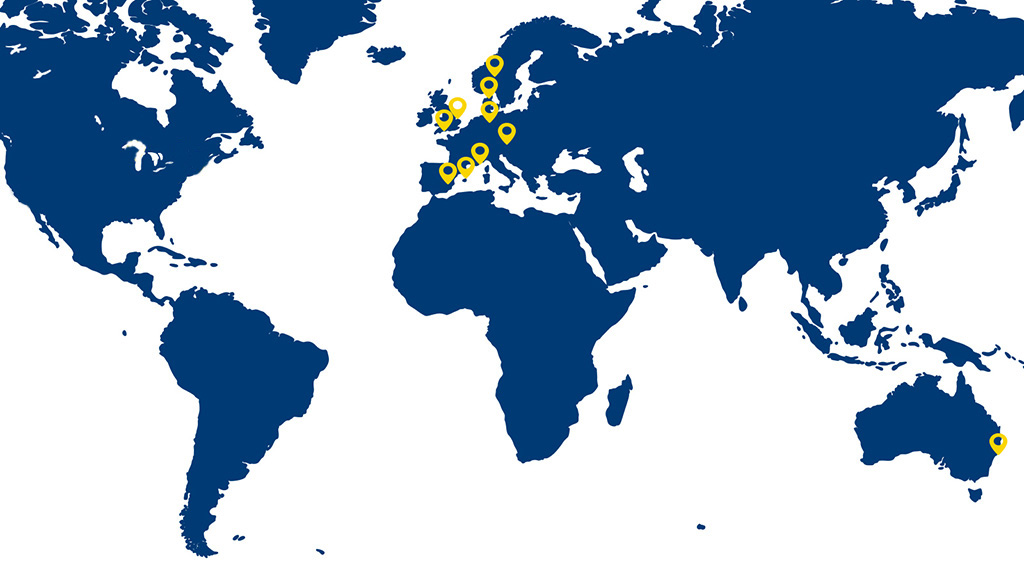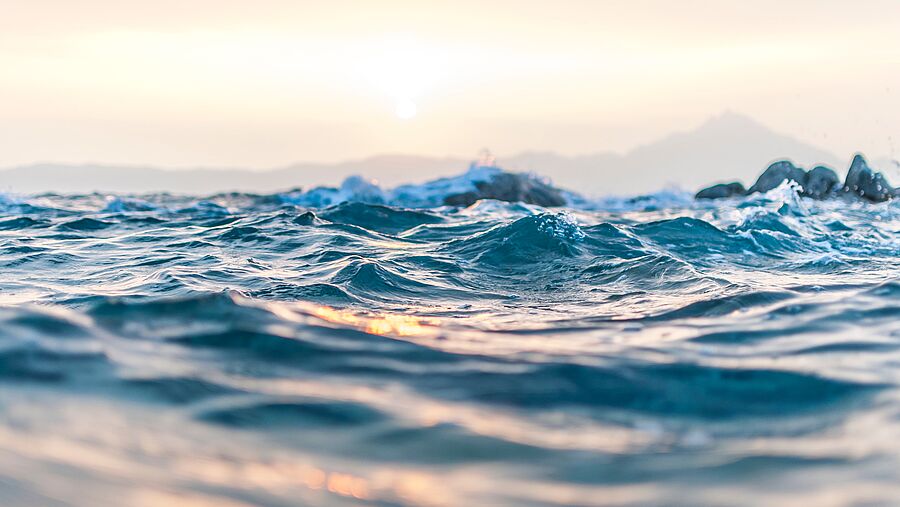The products you use to clean your dishes, wash your hair, mop the floor with and so forth, all end up in our oceans. Therefore being more selective with these products can have a positive effect on oceans. Choosing biodegradable products is always the most ideal however is also not always possible. We have therefore listed the most harmful ingredients to try avoid.
Oxybenzone and Octinoxate: Most commonly found in chemical sunscreens however also in soaps and fragrances, these ingredients have a major impact on coral reefs and sea life. Parts of Hawaii and Mexico have banned these ingredients due to the destructive trail they leave behind. Try opting for mineral sunscreens instead or ones labelled as reef friendly (however do still read the ingredients as sometimes these toxic ones are snuck in).
Silicone/siloxane: Another harmful chemical with trailing impacts in our oceans. Silicons are commonly ingested by sea life (and then also ourselves) and the silicone exposure can evaporate the life expectancy of different organisms, plants and animals. Silicones are mostly found in beauty products such as makeup, moisturisers and skin care. It’s a bit more challenging to find products without this nasty ingredient so a little bit of research on your part will go a long way.
Phosphates: Generally found in our oceans as a bi product of agriculture practices, phosphates are also found in a variety of cleaning products, particularly dish soaps and laundry detergents. The issue with phosphates in our waters is that they act as nutrients for algae, causing exponential growth. Subsequently the resulting ‘algal blooms’ deplete oxygen in the water creating zones where other aquatic plants or sea life cannot survive. Phosphates are also non-biodegradable and as such build up in waterways.
Phthalates: Commonly found in all-purpose cleaners, air fresheners and any other fragranced cleaning products. Phthalates act as and endocrine disruptor for sea life, resulting in reproduction and neurological issues. In a 2016/2017 study it was found that 71% of dolphins tested in Florida showed evidence of phthalate exposure.
Triclosan: An antibacterial agent commonly found in toothpastes, deodorants, face and body products. It is also commonly found in hand and dishwashing soaps. When this ingredient enters the environment it has lethal effects on algae, plankton and sea life. Tricoslan has also been found to act as an endocrine disruptor, causing a disastrous domino effect on all sea life.
Nonlyphenol Ethoxylate (NPE): NPE’s are non-biodegradable and have been accumulating in our waterways. They are often found in all purpose cleaners and degreasers as they act as a surfactant. In our oceans NPE’s have been proven to cause fertility issues for fish and have varied toxic effect on all sea life.
- Note: along with these products try to avoid using wet wipes which do not degrade like paper/tissues would, aerosol cans where possible and always be conscious of the products you clean your boat with. Along with the listed ingredients, do also avoid any form of bleach and ammonia products where possible!

